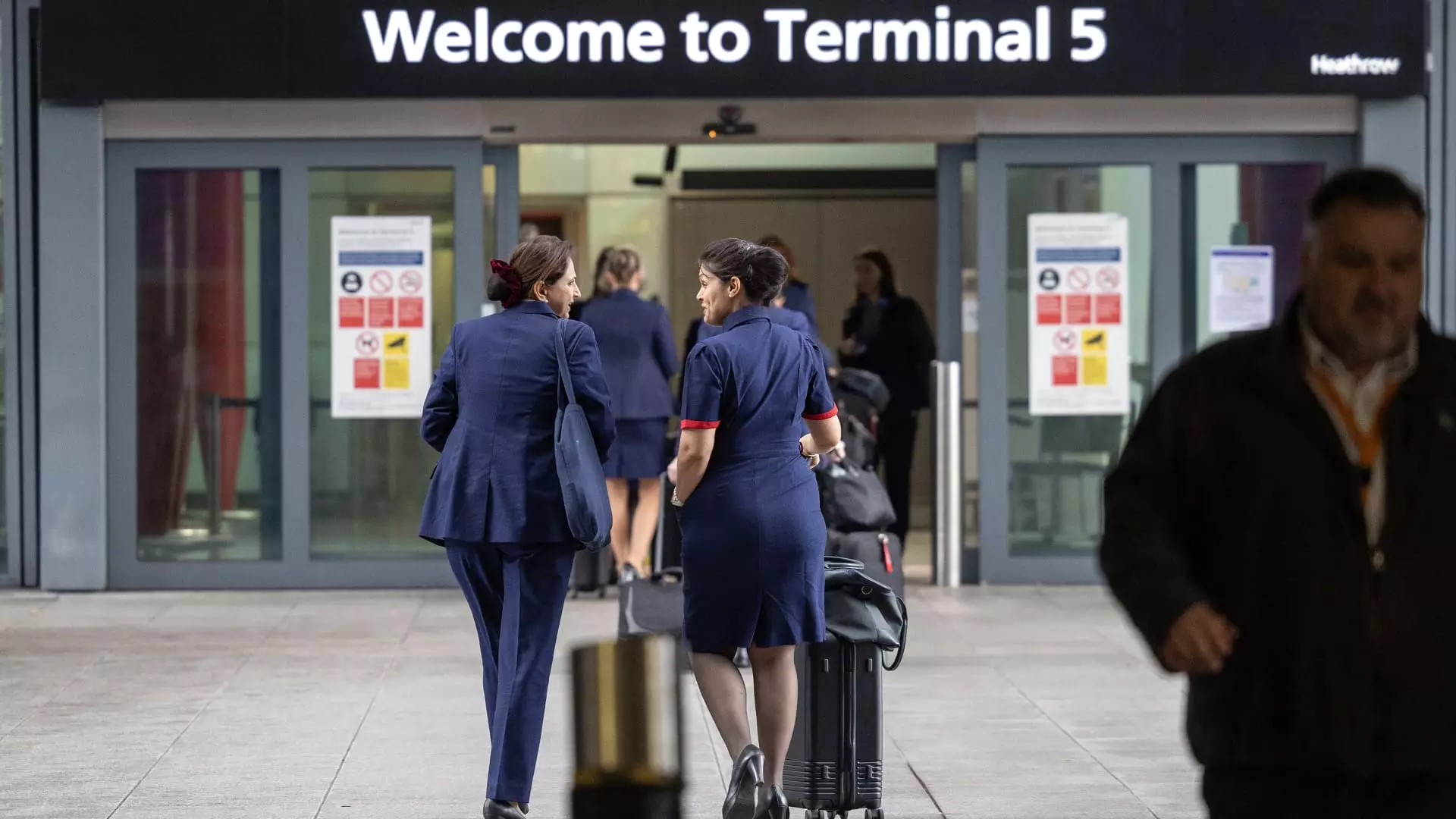The recent power outage at London’s Heathrow Airport has unmasked vulnerabilities that lie at the heart of one of the world’s busiest travel hubs. With over 800 flights canceled and startling delays unleashed upon unsuspecting travelers, the incident serves as a stark reminder of how fragile our infrastructure can be. The brief moment of chaos highlighted not only the immediate struggles faced by the airport but also provoked deeper anxieties regarding our dependency on single-source power supplies. Each traveler caught up in this pandemonium must have felt the rising flood of frustration overflow, but beneath the surface, significant questions linger about the effectiveness of our transport systems.
Who’s Really Responsible?
In the aftermath of the shutdown, critiques have surfaced regarding the accountability of airports and service providers. Willie Walsh, the former CEO of British Airways-owner IAG and current head of IATA, voiced a concern that struck at the core of consumer rights and corporate responsibility: how can we expect airlines to bear the brunt of infrastructure failures? He raised a valid point about the financial and emotional toll inflicted on travelers, which should not fall solely on the carriers’ shoulders. When governmental infrastructures falter, the consequences should be distributed equitably among all stakeholders, rather than shifting the burden unfairly onto the airlines—which often have limited flexibility and leverage in these situations.
Public Trust on Shaky Ground
As the news broke, Heathrow’s official statements were aimed at assuaging public fears, invoking a sense of normalcy with assurances that operations would resume. However, this situation reveals a glaring gap between the airport’s reassurances and the experience of stranded passengers. When critical systems fail, trust in these institutions wavers. How can travelers rely on a system that has demonstrated such vulnerability, and what measures are in place to prevent future incidences? The growing disconnect between institutional promises and user experiences raises alarms over the efficacy of contingency planning.
Power to the People
As most industries push for technological advancements, the airport’s reliance on a singular power source casts doubts on its preparedness for disasters. Herein lies a crucial opportunity for reform. The airline industry, and the travel sector more generally, should adopt more diversified energy strategies with redundancies built into their operations. As travelers increasingly demand sustainable practices from corporations, the consequences of relying too heavily on centralized power sources could lead to growing consumer backlash. In a world grappling with climate issues and energy crises, airports must innovate their infrastructure by investing in renewable energy solutions as well as robust backup systems.
The Bigger Picture
In dissecting this incident, we can clearly see that it’s not merely about one unfortunate day at Heathrow. Instead, it symbolizes a larger issue affecting transportation at a global scale. Airports are the gateways to connections and commerce, yet they also reflect the shortcomings of larger socio-economic systems when disruptions occur. The political implications are vast; if the major players in the industry don’t come together to forge a stronger, more resilient future, we risk aggravating the current landscape that puts consumers and companies alike on uneven terrain.
A Call for Action
In the final analysis, the Heathrow power outage is more than just a fleeting disruption; it embodies larger systemic weaknesses in our transport and energy systems. Essential lessons emerge: transparency, accountability, and innovation must drive discourse around airport operations and infrastructure planning. It’s time for industry leaders and policymakers to heed the alarm bells and recognize that today’s failures could morph into tomorrow’s crises if left unaddressed. The need for reform is glaring, and as a society, we must hold ourselves responsible for demanding accountability from both corporations and the government. Only through collective effort can we ensure that the next traveler is not left in the dark, both literally and figuratively.

